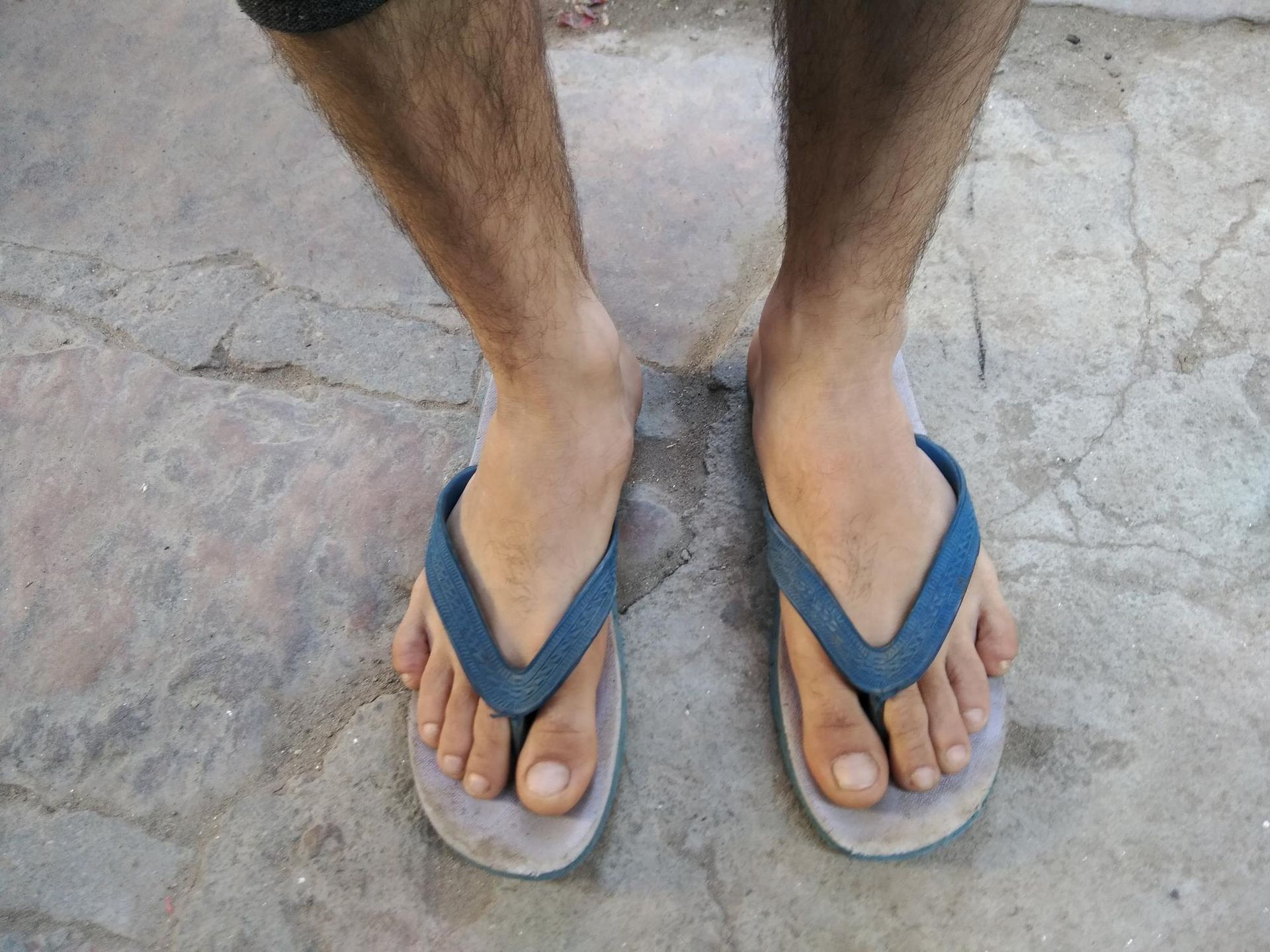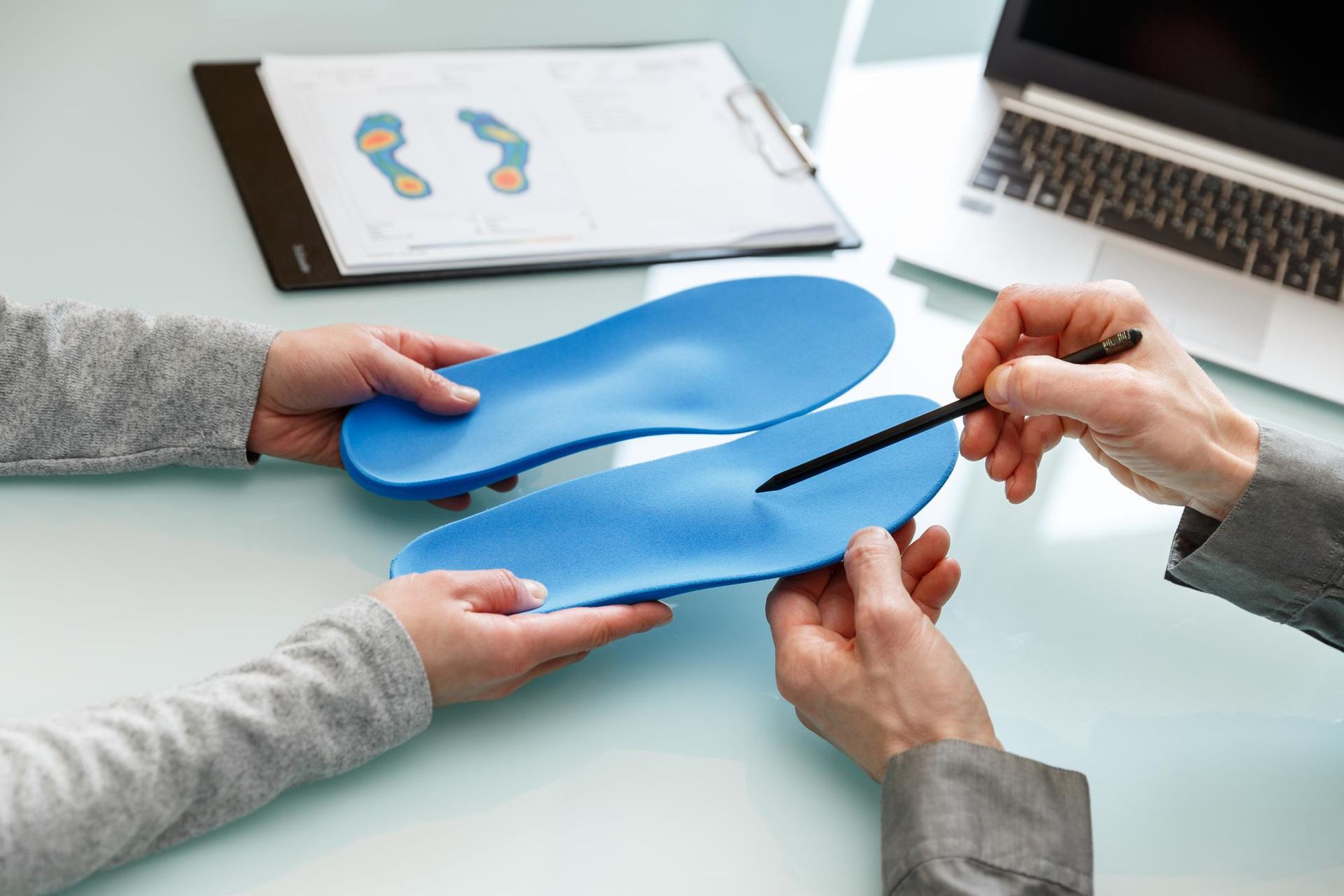Understanding and Managing Plantar Fasciitis
As a podiatrist, I've witnessed the impact of plantar fasciitis on the lives of my patients. This common foot ailment causes pain in the heel, but with the right understanding and treatment, it can be managed effectively.
In this blog post, we'll explore the causes behind plantar fasciitis and delve into a range of treatment options to provide you with a comprehensive guide on addressing this condition.
What are some of the causes of Plantar Fasciitis?
Plantar fasciitis, characterised by inflammation of the plantar fascia, stems from a variety of factors. These include:
Overuse and Repetitive Stress:
High-impact activities, such as running or prolonged standing, can strain the plantar fascia, leading to micro-tears and subsequent inflammation.
Improper Footwear:
Ill-fitting shoes or those lacking proper arch support can contribute to the development of plantar fasciitis. We actively encourage our patients to invest in supportive footwear.
Biomechanical Irregularities:
Individuals with abnormal gait patterns, high arches, or flat feet are more predisposed to plantar fasciitis. These structural differences put excess strain on the plantar fascia.
Weight-Related Factors:
Carrying excess body weight places additional pressure on the feet, making overweight individuals more susceptible to this condition.
Tight Achilles Tendon:
A shortened or tight Achilles tendon can lead to increased stress on the plantar fascia, contributing to inflammation and discomfort.
What are the treatment options?
Rest and Activity Modification:
Recommending patients to reduce or modify activities that aggravate the condition is often the initial step. We may suggest low-impact alternatives like swimming or cycling.
Orthotic Inserts and Supportive Footwear:
Custom orthotics and appropriate footwear with arch support are invaluable in providing stability and alleviating pain associated with plantar fasciitis.
Stretching and Strengthening Exercises:
Prescribing specific exercises targeting the calf muscles, Achilles tendon, and plantar fascia can significantly enhance flexibility and strength, aiding in recovery.
Physiotherapy:
Collaborating with a physiotherapist can be transformative. They employ specialised techniques and exercises to address the root causes of plantar fasciitis. Our therapist at Wickford Physiotherapy can help.
Extracorporeal Shock Wave Therapy (ESWT):
ESWT is a non-invasive procedure utilizing shock waves to stimulate healing in the affected tissue. It has shown promise in treating plantar fasciitis.
Surgical Intervention (in rare instances):
Surgery is typically considered a last resort when conservative treatments prove ineffective. Procedures may involve releasing the plantar fascia or addressing contributing factors.
Plantar fasciitis can be painful to live with, but as a seasoned podiatrist, I've seen countless patients regain their mobility and quality of life with the right approach. By understanding the underlying causes and tailoring a comprehensive treatment plan, we can guide our patients towards a pain-free future.










